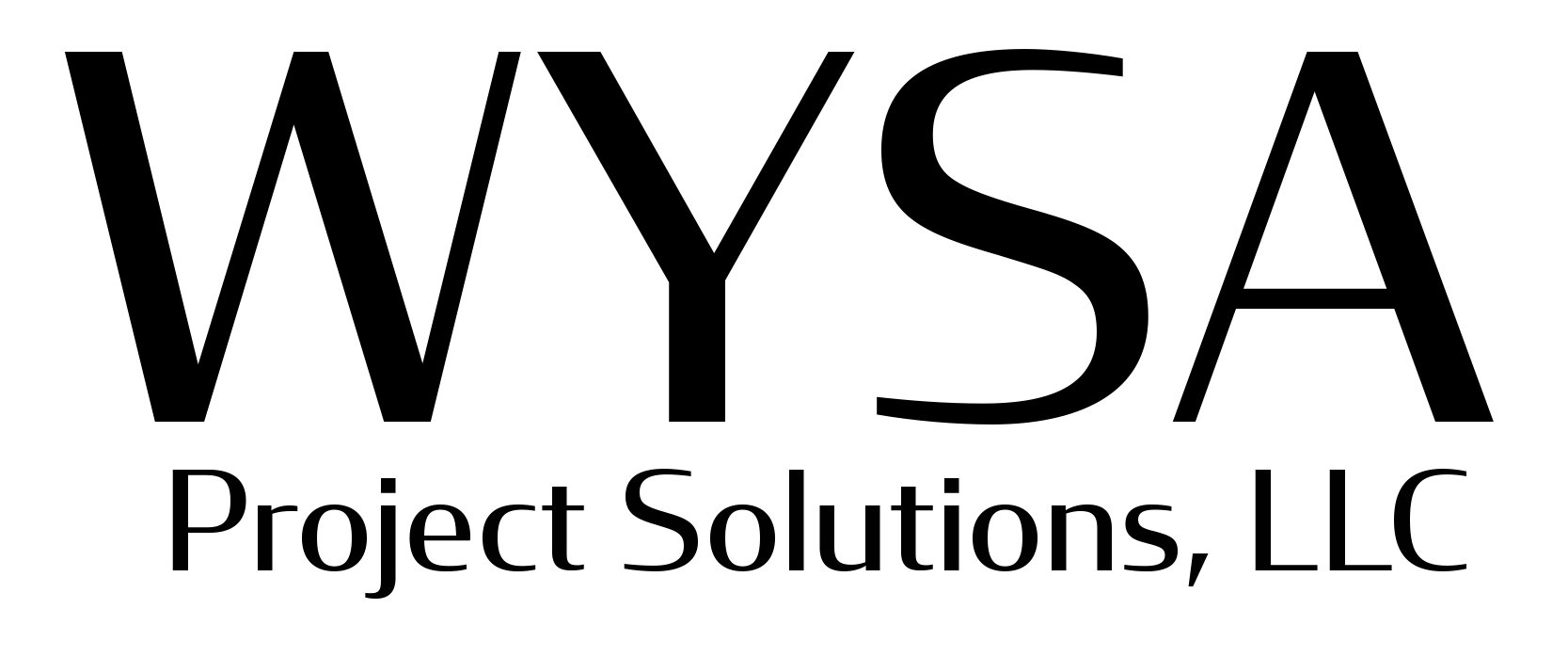ETHICS AND RELATIVITY
Spring 2022 - Just came across the quote attributed to Albert Einstein, “Relativity applies to physics, not ethics.” Read that the quote revealed the master scientist’s concern that his theory of relativity (and its attendant formula E=mc2), would be translated by popular culture to mean everything is relative. Translated to mean there were absolutely no absolutes and that relativism also applied to the world of social and moral norms. Given the ascending number of scandals that have been revealed in recent years, Einstein’s concern was well-founded. Ethics must be an absolute.
In February 2020, right before the arrival of the global pandemic, I was an in-person guest lecturer for a graduate engineering course at a major university. The students in the class were diverse, hailing from the US and other countries. Some with years of work experience, and some looking to expand their knowledge of engineering and construction contracting before they entered the work world. One of my lectures was on Ethics and Procurement. In two and a half hours I focused on some of the more egregious breaches of ethics and their impact and engaged them in an exercise designed to gauge their understanding of the subject. Their responses aligned with my experience that the interpretation of “do the right thing” varies depending on culture, background, and life experience.
I’ve worked in other countries where attitudes about the legitimacy of how you earn money were free from any ambivalence about moral restriction. The notion of conflict of interest was foreign one. During the eighties, Gordon Gecko, a character in the movie Wall Street, became a legendary fictional icon after famously proclaiming that greed was good. That it was the penultimate motivator and guidepost for upward mobility, power, improvement in social status, or the acquisition of possessions that would normally be beyond reach. In the absence of a strong ethical culture, morality was relative. It was a meme that flourished and wreaked havoc in the business world and beyond.
Is there anything to be done? Will society ever say enough is enough? Will ethical lapses or breaches always be shrugged off as a concomitant circumstance in the world of business? To do nothing surely enables and perhaps encourages the spread of corruption. The costs of ethical lapses are high. Projected by some to be a double-digit percentage of procurement costs. An expensive shrug.
Frameworks for addressing ethical dilemmas are as varied as the choices for coffee at Starbucks. I’ve worked in organizations where there was no mention of ethics, at one where you signed a form the first day of your employment never to encounter any further discussion of the topic, at another where you were required to take a two-hour ethics training course at least once a year, and yet another having to sit through a full day of training conducted by the company attorney on the Foreign Corrupt Practices Act (FCPA).
Developing that culture must start with intention at the top and flow through the entire organization in various modalities. Staff are required to consider possible conflicts of interest at every step in the procurement process. Strategic plans, action plans, project plans and the like all required to address any possible ethical issues that might arise. Ethics are discussed in a repeat loop throughout the organization. The head voice in every employee is “What are the possible consequences of this course of action and is it right?”
The glue that binds an ethical organization together consists of principles, positive role modeling, on-going and immersive discussion, and praising the positive behaviors louder than grousing about the negative lapses. There is a business case for ethics. A positive image with customers, the ability to attract talented employees, fewer legal issues, and less reputational risk. A business environment built on ethical behavior is an imperative, an absolute. It’s not subject to relativity.


We'll find the right solutions for you.
Providing strategies to address procurement and organizational management challenges
CONTACT US
(310) 569-7671
8939 S. Sepulveda Boulevard
Suite 110/#304
Los Angeles, CA 90045
USEFUL LINKS
STAY INFORMED
You need a helping hand with your project?
We will get back to you as soon as possible
Please try again later
All Rights Reserved | WYSA Project Solutions, LLC
